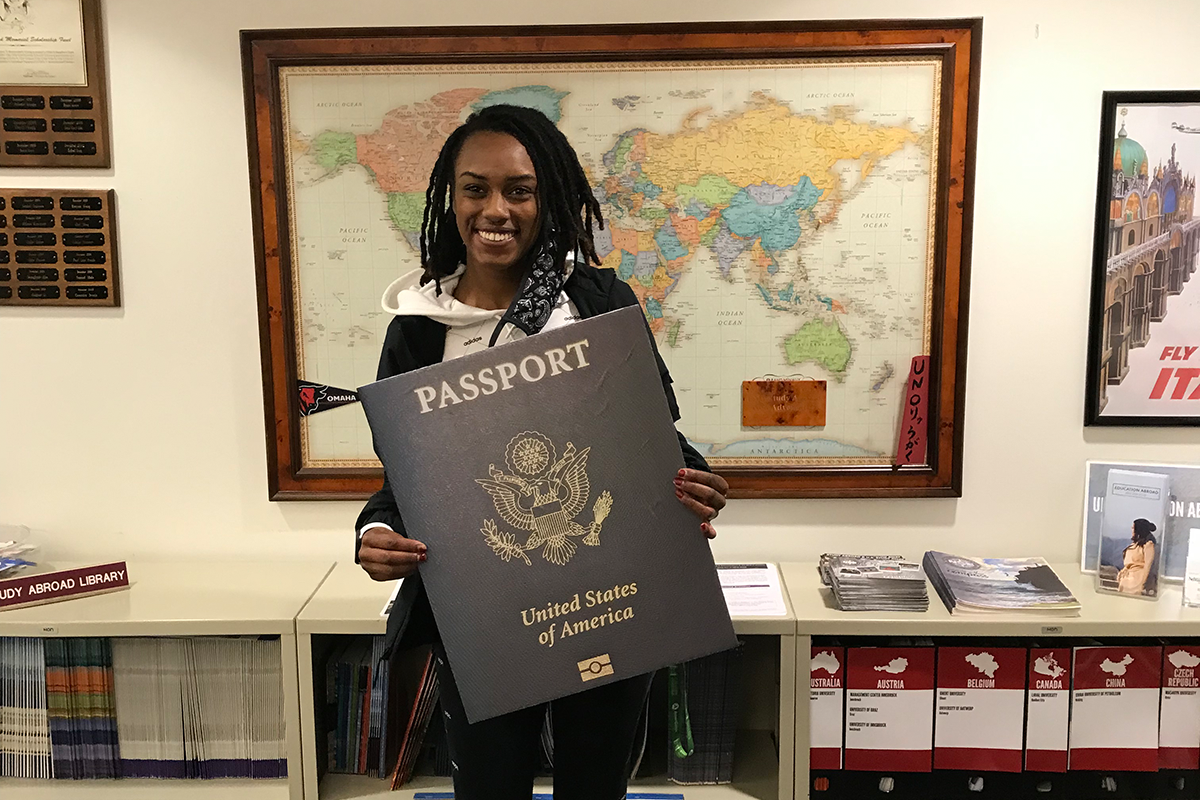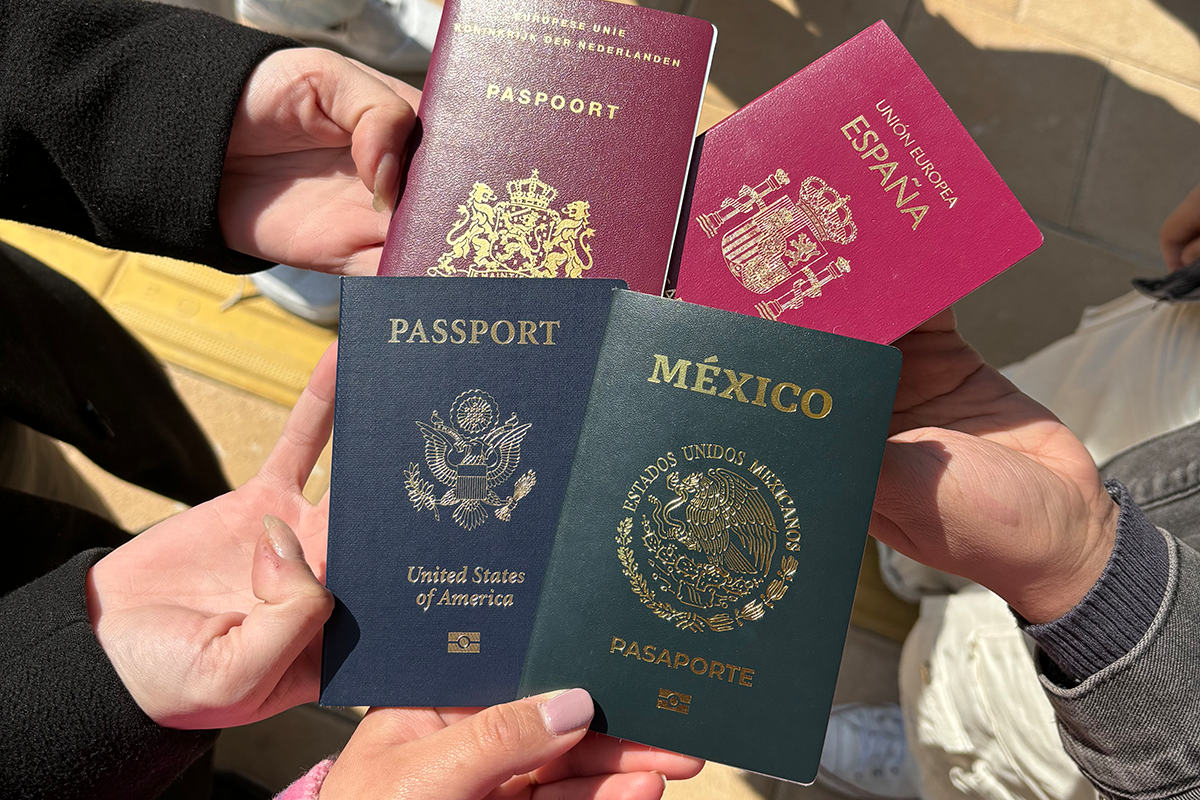
Your First Travel Document: Passport
All students traveling to another country will need a valid passport. If you don’t already have a current passport that will be valid for at least six months after the end date of your program, you should apply for one as soon as you have decided to study abroad. The application can take several months and you can’t apply for a visa without a valid passport. You don’t have to know your destination in order to apply for a passport, so you can begin the application process before you have decided on a program. In fact, you may need your passport in order to complete your program application.
For U.S. Passports, please consult this detailed step by step guide: UNO Passport Application Guide
For the most up to date information on U.S. passport applications, renewals, and where you can apply:
U.S. Department of State: www.travel.state.gov/passport
U.S. Postal Service: www.usps.com/passport
Students are unable to apply for a passport through the Education Abroad Office.
